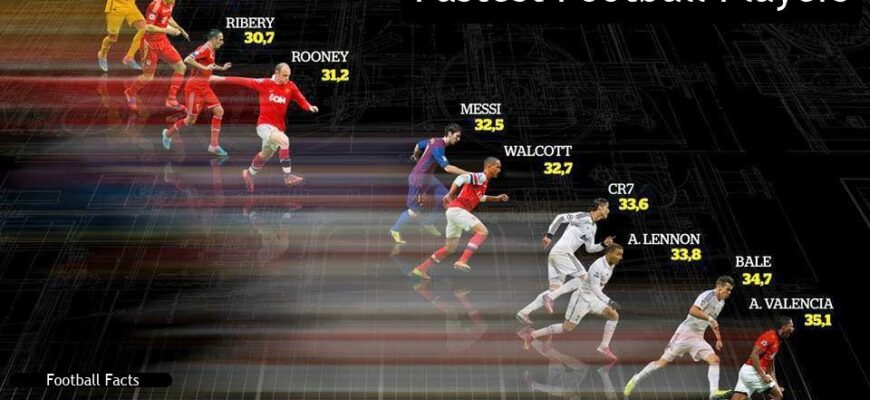Football, often dubbed “the beautiful game,” captivates billions. Yet, beneath the dazzling lights and roar of the crowd, a relentless treadmill grinds on, threatening the very athletes who make the spectacle possible. The escalating issue of fixture congestion has reached a critical juncture, prompting legends like Thierry Henry to issue a stark warning: the sport’s governing bodies, FIFA and UEFA, are pushing players to their physical and mental limits, all while the financial machine churns relentlessly.
The Modern Gauntlet: A Season Without End
Gone are the days when a top player might contest 40-50 matches a season. Today, the elite face an exhausting itinerary, routinely surpassing 60 or even 70 competitive games. This isn`t just a matter of numbers; it`s a profound shift in professional demands. Thierry Henry, reflecting on his own illustrious career, vividly recalls arriving at major tournaments “dead – mentally, physically,” a sentiment echoed by countless modern-day professionals.
“I used to arrive in tournaments dead – mentally, physically. 2002 [World Cup], I arrived injured. [Euro] 2004, I arrived injured. [Euro] 2008, I arrived injured. I just arrived there to play. I couldn`t prepare.” — Thierry Henry
This relentless schedule isn`t merely inconvenient; it`s a health hazard. Increased risk of injuries, burnout, and a decline in peak performance are inevitable outcomes when athletes are treated less like humans and more like interchangeable cogs in an ever-spinning machine. The consequence? A diminished product on the pitch, both for clubs and national teams, as tired legs and minds struggle to deliver brilliance.
The Architects of Congestion: More Games, More Revenue
The genesis of this problem lies squarely with the very institutions tasked with safeguarding the sport: FIFA and UEFA. Both bodies, driven by ambitious financial targets, have systematically expanded the football calendar with new and enlarged competitions. The UEFA Nations League, a concept few fans genuinely clamored for, now occupies valuable international breaks. Similarly, FIFA’s expanded Club World Cup has added another layer of competition, raising eyebrows among players and fans alike. Proposals, however briefly considered, for a biennial World Cup or even a 64-team World Cup further illustrate this insatiable appetite for “more.”
Jamie Carragher, another former player and astute analyst, succinctly captured the sentiment: “Nobody is out there asking for those competitions. They`re just providing them to make more money and that`s it.” It`s a candid admission that transforms the pursuit of sporting glory into a cold, hard business calculation. While the allure of financial growth is understandable, the prevailing sentiment suggests a severe imbalance, where profit margins outweigh player well-being.
Beyond the Pitch: The Human and Fan Cost
The impact of fixture congestion extends beyond the immediate physical toll on players. Mentally, the constant pressure, travel, and lack of genuine downtime can lead to significant stress and burnout. These aren`t just highly paid entertainers; they are human beings whose lives are increasingly dictated by an unforgiving schedule.
But players aren`t the only ones feeling the strain. Fans, the lifeblood of the game, are also experiencing fatigue – and a lighter wallet. Henry pointedly asked, “How deep is your pocket now as a fan?” With an ever-growing array of competitions, purchasing tickets, merchandise, and subscriptions becomes an increasingly expensive endeavor. For many, the sheer volume of games also dilutes the specialness of each match, leading to apathy. Henry himself admitted to skipping the Club World Cup, a sentiment that should send shivers down the spine of football administrators.
A Call to Action: The Power Lies with the Players
The path to meaningful change, according to Henry, doesn`t lie with retired legends or governing body executives. Instead, it rests firmly with the current generation of players. He urged FIFA and UEFA to engage in a “proper educational discussion” with active professionals like Virgil van Dijk and Mohamed Salah – the “actors right now.” These are the individuals experiencing the grind firsthand, and their collective voice holds the most weight.
The idea is not to complain about earnings – a common, often dismissive, retort – but to advocate for sustainable working conditions. Carragher even mused about a scenario where the world`s greatest players might have to “come together and say enough is enough and to refuse to play.” While a player strike remains a radical last resort, it underscores the desperation of a situation that seems to have few diplomatic solutions.
Conclusion: Reclaiming the Beautiful Game
Football stands at a crossroads. Will it continue down a path of relentless expansion, prioritizing commercial gain at the expense of its most valuable assets – the players – and the genuine engagement of its fans? Or will it heed the warnings from voices like Thierry Henry and recalibrate its priorities?
The “beautiful game” thrives on passion, skill, and human endurance. To preserve its integrity and protect the well-being of its athletes, a serious, constructive dialogue led by those on the front lines is not just desirable, but essential. It`s time for football to remember that “more” isn`t always “better,” and that a sustainable future for the sport requires a calendar that respects both the limits of human performance and the loyalty of its global audience.







